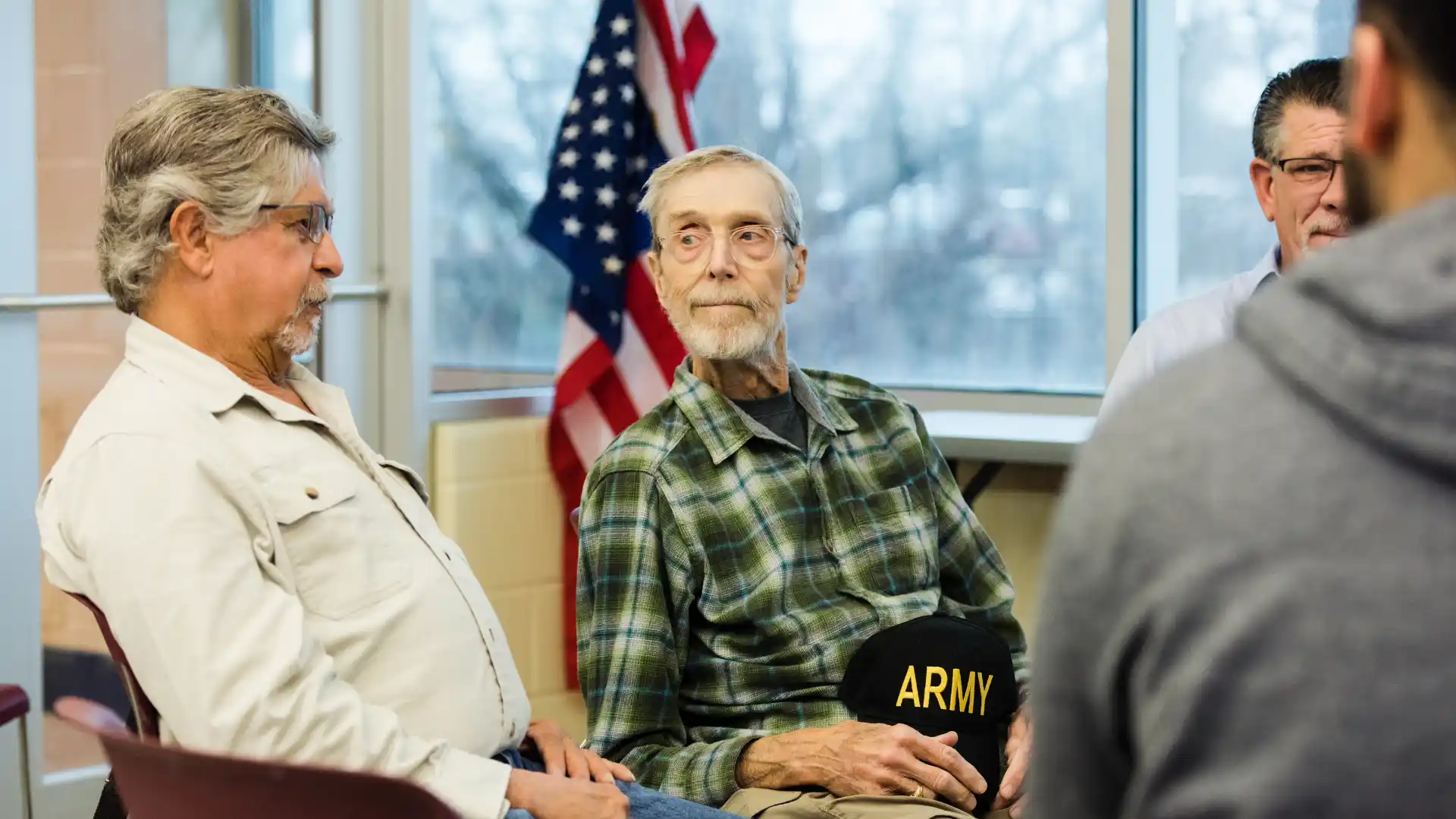Many veterans lose access to the benefits they earned because of simple, preventable missteps. Veterans who understand the common reasons VA claims are denied have a far better chance of success. The VA rejects thousands of applications each year for a range of reasons – some avoidable, others more complicated.
Most Common Reasons VA Claims Are Denied
Veterans aren’t usually denied because they’re undeserving. The problem lies in how the claim is prepared, or overlooked details that slow down the process or lead to rejection.
Service Connection Not Proven
The VA will not approve a claim unless you show a clear link between your condition and your military service. Many veterans receive denials because they didn’t submit enough evidence to prove that connection. A diagnosis alone isn’t enough. You need medical records, service treatment records, and often a nexus letter to tie it all together.
This is one of the most common VA disability denial reasons, especially for conditions like PTSD, hearing loss, or back injuries that develop over time.
Insufficient Medical Evidence
A strong claim includes current medical documentation showing your condition’s severity and impact. When you submit outdated records or vague reports, the VA may decide you haven’t proven your case. Private medical records matter just as much as VA records, especially when your condition goes untreated by the VA.
Some veterans don’t know they can submit statements from family, friends, or former colleagues who have seen how the condition affects their daily life.
Missed Filing Deadlines
VA claims and appeals follow strict timelines. If you miss a deadline – especially during the claim denial appeal process – you may lose your right to continue the case. Deadlines vary depending on how you file and what appeal lane you choose, but once the time passes, the VA won’t reopen the file unless you start from scratch.
Incomplete VA Forms or Missing Documentation
Veterans who submit the wrong form or leave out key details often see their claims denied. Incomplete VA forms rank among the most common claim errors. A blank field, an unchecked box, or a missing signature gives the VA an easy reason to reject your case.
The VA expects you to submit a fully developed claim with clear and complete documentation. If you leave it up to them to fill in the gaps, your chances of success drop significantly.
VA C&P Exam Issues
The VA relies on Compensation and Pension (C&P) exams to assess how your condition affects your daily life. Veterans who miss the exam, arrive unprepared, or downplay their symptoms risk weakening their case. The examiner’s report directly influences your disability rating and your eligibility for benefits.
Some veterans experience C&P exams that feel rushed, dismissive, or incomplete. If the examiner doesn’t review your full history or misrepresents your condition, that report could lead to a denial.
Denied Due to Lack of Nexus
Even with solid evidence, your claim may get denied if you don’t provide a clear nexus, meaning a medical opinion that connects your diagnosis to your military service. This is especially true for secondary service-connected conditions, like depression caused by chronic pain or sleep apnea tied to PTSD.
Without a nexus letter or medical statement that explains how your service caused or worsened your condition, the VA often rejects the claim outright.
Disability Rating Disputes
Sometimes, the VA acknowledges the condition but assigns a rating that doesn’t reflect its impact. If they rate your back injury at 10 percent instead of 40 percent, your monthly compensation drops dramatically. While this doesn’t count as a full denial, it still shortchanges you.
Low ratings often result from incomplete medical records, a vague C&P exam report, or the VA overlooking how the condition affects your ability to work.
VA Claim Error Correction Needed
Even when you do everything right, the VA makes mistakes. They may misfile your documents, overlook important medical records, or fail to apply the proper regulations. You have the right to request correction, submit additional records, or appeal an inaccurate decision.
How to Strengthen a VA Disability Claim
 Dodging errors won’t win your case on its own. You also need to build a claim that clearly proves your eligibility. The steps below can help you submit a stronger, more convincing application.
Dodging errors won’t win your case on its own. You also need to build a claim that clearly proves your eligibility. The steps below can help you submit a stronger, more convincing application.
Start with Solid Documentation
You need more than just a diagnosis. Submit up-to-date medical records, imaging results, and written statements from doctors who’ve treated your condition. Include personal statements and lay witness letters that describe how your condition affects your daily life, relationships, or ability to work.
Prove the Service Connection
Include proof that your condition began during service or worsened because of it. Submit military records showing exposure, injuries, or stressors. A nexus letter from a medical expert can explain how your current condition ties back to your service.
Take the C&P Exam Seriously
Don’t treat the C&P exam like a routine appointment. Be specific, honest, and detailed. Bring a list of symptoms and examples that show how the condition affects you. If you disagree with the examiner’s report, request a copy and talk to an attorney about how to challenge it.
Use the Right Forms
The VA won’t process your claim without the correct paperwork. Use VA Form 21-526EZ for initial claims, and follow the proper forms for appeals based on the path you choose. One missed box or blank section can delay or derail your entire case.
Get Legal Help Early
Veterans who file claims on their own often make avoidable mistakes or miss key opportunities. A skilled VA disability attorney can review your records, gather strong medical opinions, and manage communication with the VA, giving you a better chance at approval and saving valuable time.
Don’t Let a Denial End Your Case
The VA might say no, but that doesn’t have to be the final word. If the decision doesn’t reflect what you’re going through, a veteran disability denials attorney can help you push back. We know this system isn’t built to make things easy, but you don’t have to take on the appeals process alone.
Reach out to VetLaw to talk with someone who understands what you’re dealing with. We’re here to listen and help you figure out what comes next. Call us today at (336) 355-8387 to get started.







